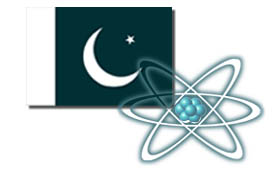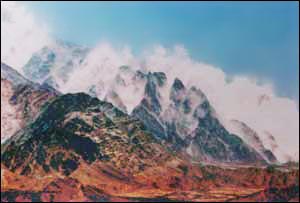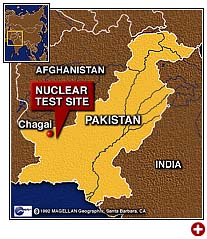

Pakistan: A Nuclear Power [May 28, 1998]

|
|
|
Pakistan conducted its nuclear tests at Chaghi, Baluchistan |
On May 28, 1998, Pakistan became a nuclear power when it successfully carried out six nuclear tests at Chaghi, in the province of Balochistan. This was in direct response to five nuclear explosions by India, just two weeks earlier.
Widely criticized by the international community, Pakistan maintains that its nuclear program is for self-defense, and to act as deterrence against nuclear India. A former Prime Minister of Pakistan, Zulfiqar Ali Bhutto, offered justification for Pakistan’s nuclear program in 1965, when he said that if India were to produce a bomb, Pakistanis would eat grass to get one of their own. It has always been clear to Pakistan that a nuclear threat posed to its security can neither be met with conventional means of defense, nor by external security guarantees.
India had maintained a nuclear threat against Pakistan since it tested a nuclear device in May 1974. At that time Pakistan had no nuclear weapons. India maintained that its nuclear program was based on their requirement to have a minimum nuclear deterrent, and that it was not against any specific country.
Site of nuclear
explosions: Chaghi hills After the
tit-for-tat nuclear explosions, the United Nations Security Council
unanimously passed a resolution urging India and Pakistan to halt
their nuclear weapons programs. The United States and other Western
states imposed economic sanctions against both the countries. The UN
Secretary General, Kofi Annan, urged both the countries to sign the
Comprehensive Test Ban Treaty (CTBT). After the tests, both sides said that they had completed their
series of nuclear testing and both announced a moratorium on future
testing. Pakistan announced the moratorium on June 11,1998 and
offered to join in new peace talks with India. Pakistan has time and
again proposed for a nuclear-weapon-free zone in South Asia. It has
opted to be a signatory to the CTBT, provided India also opts for
the same simultaneously.

